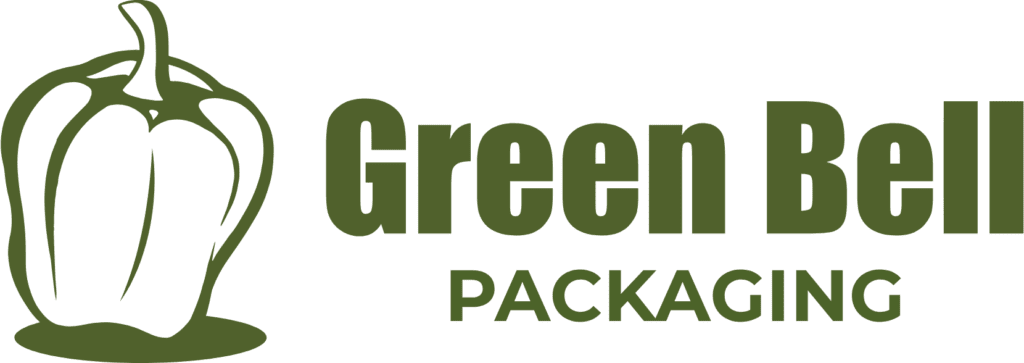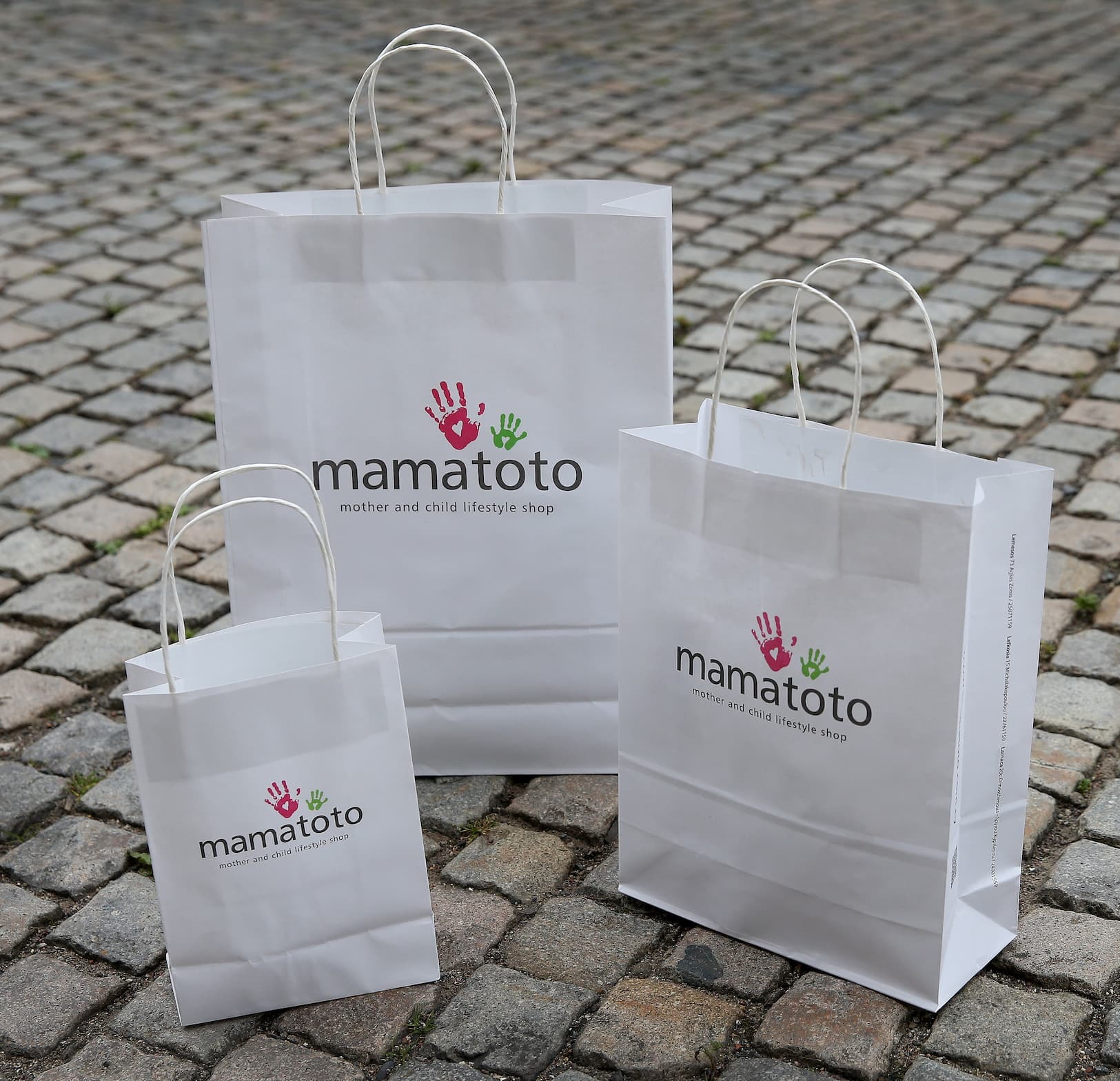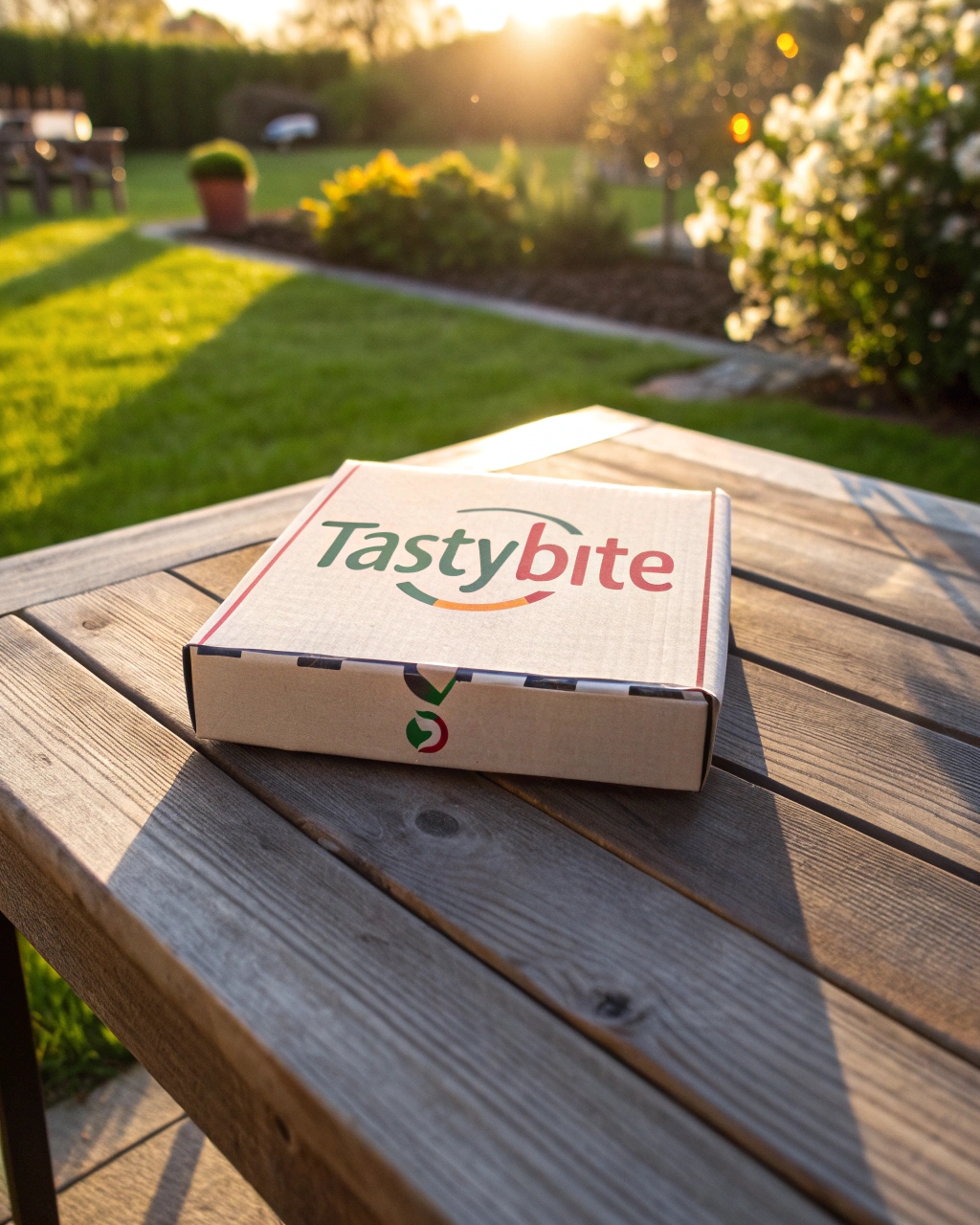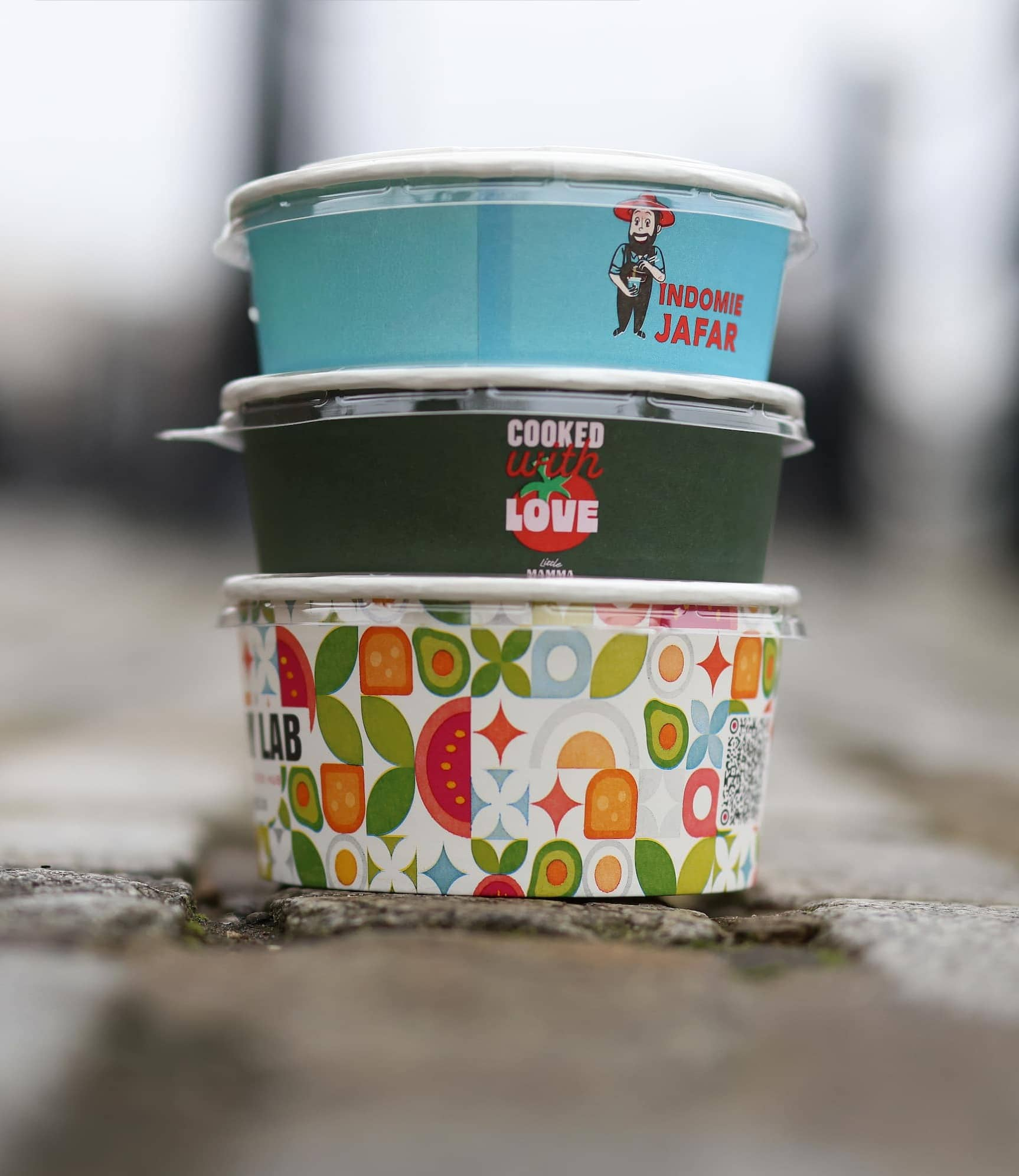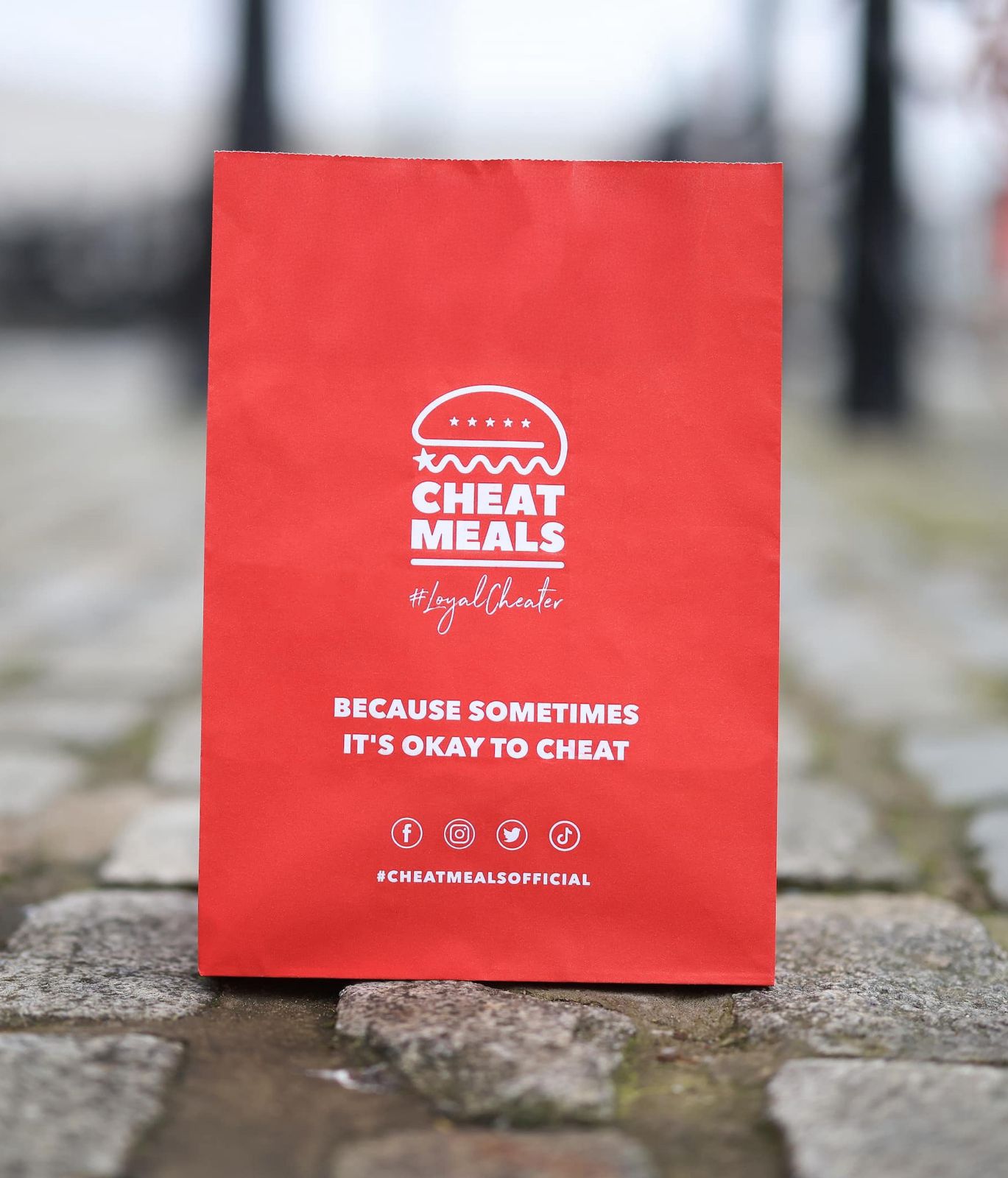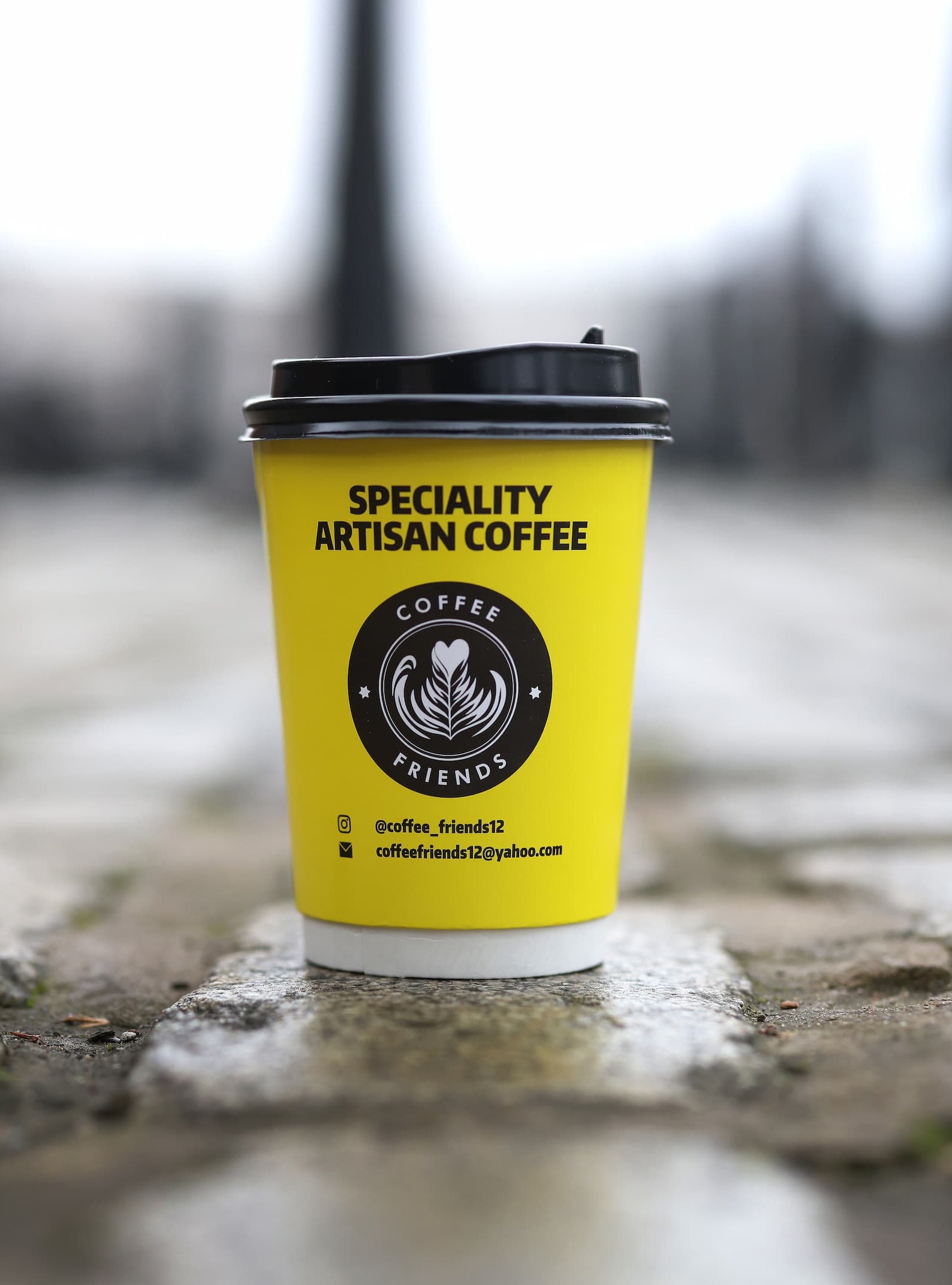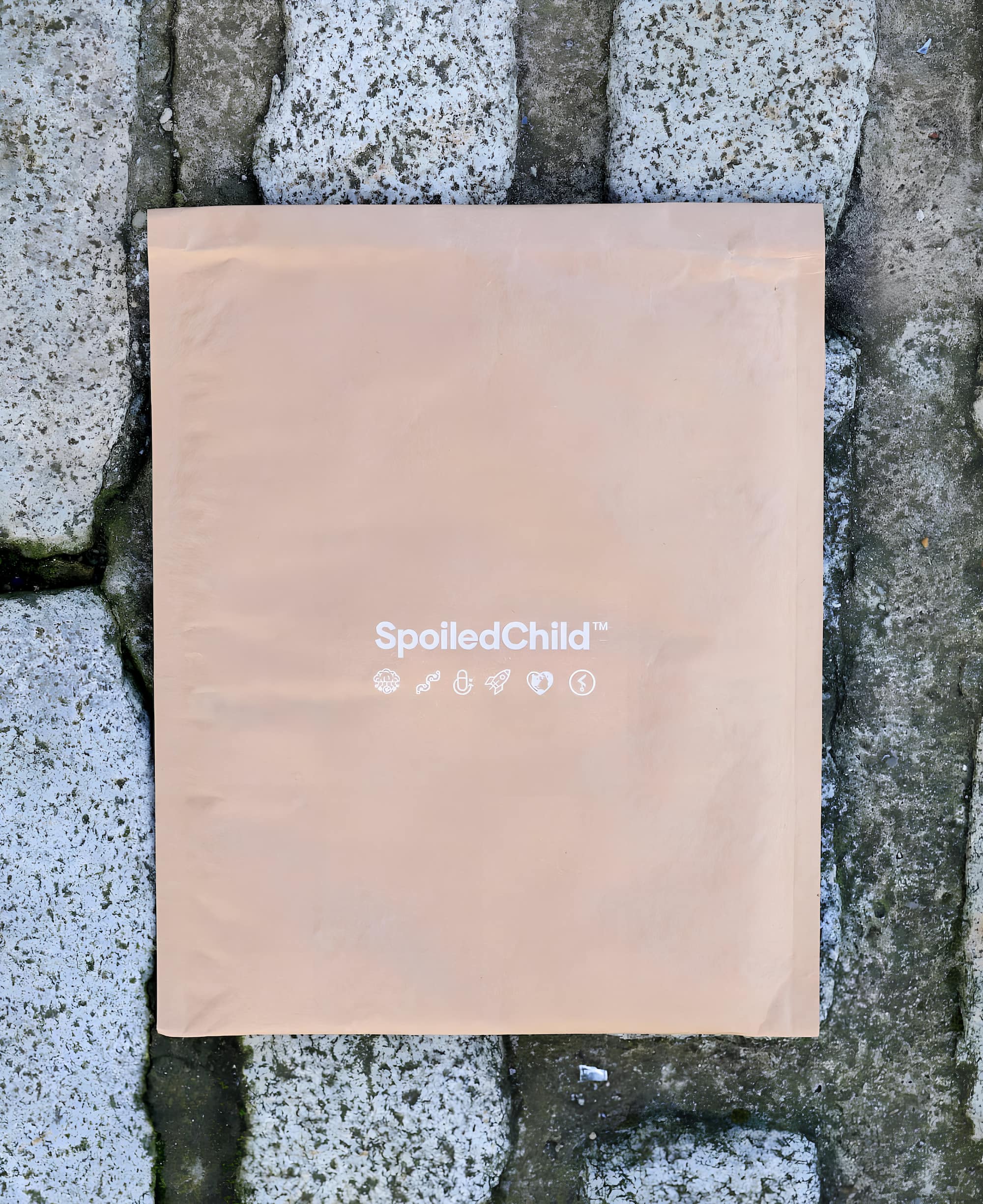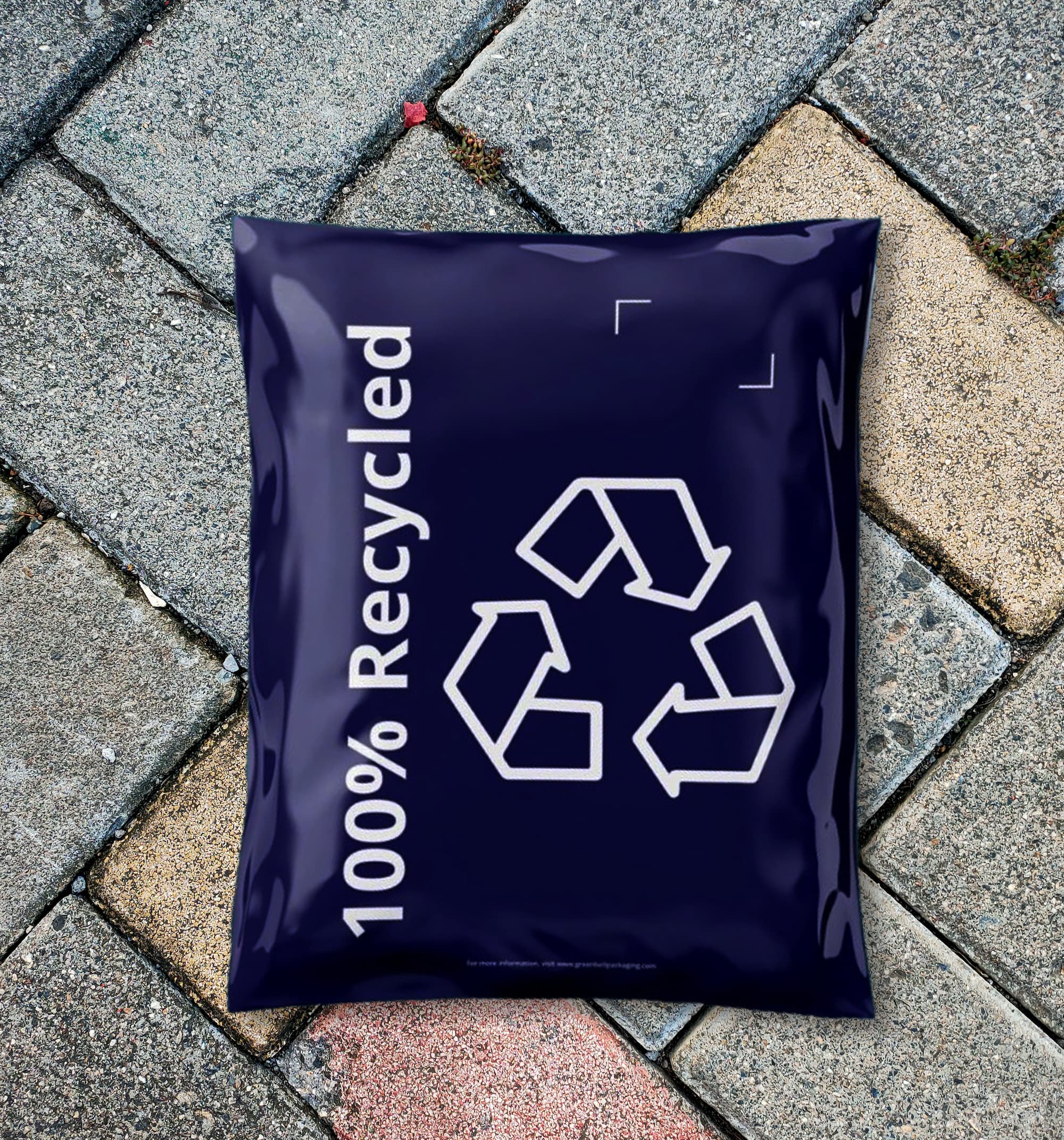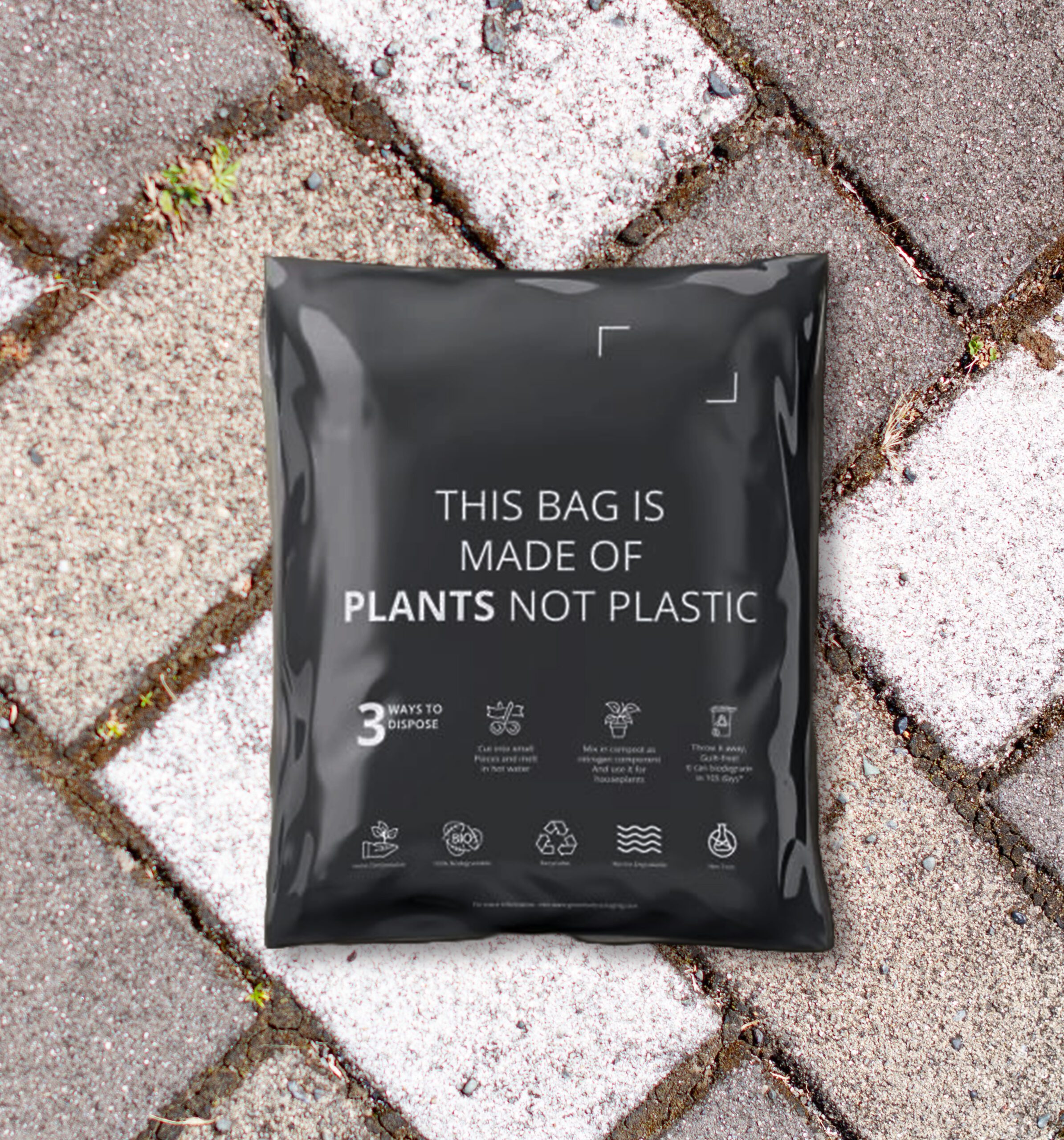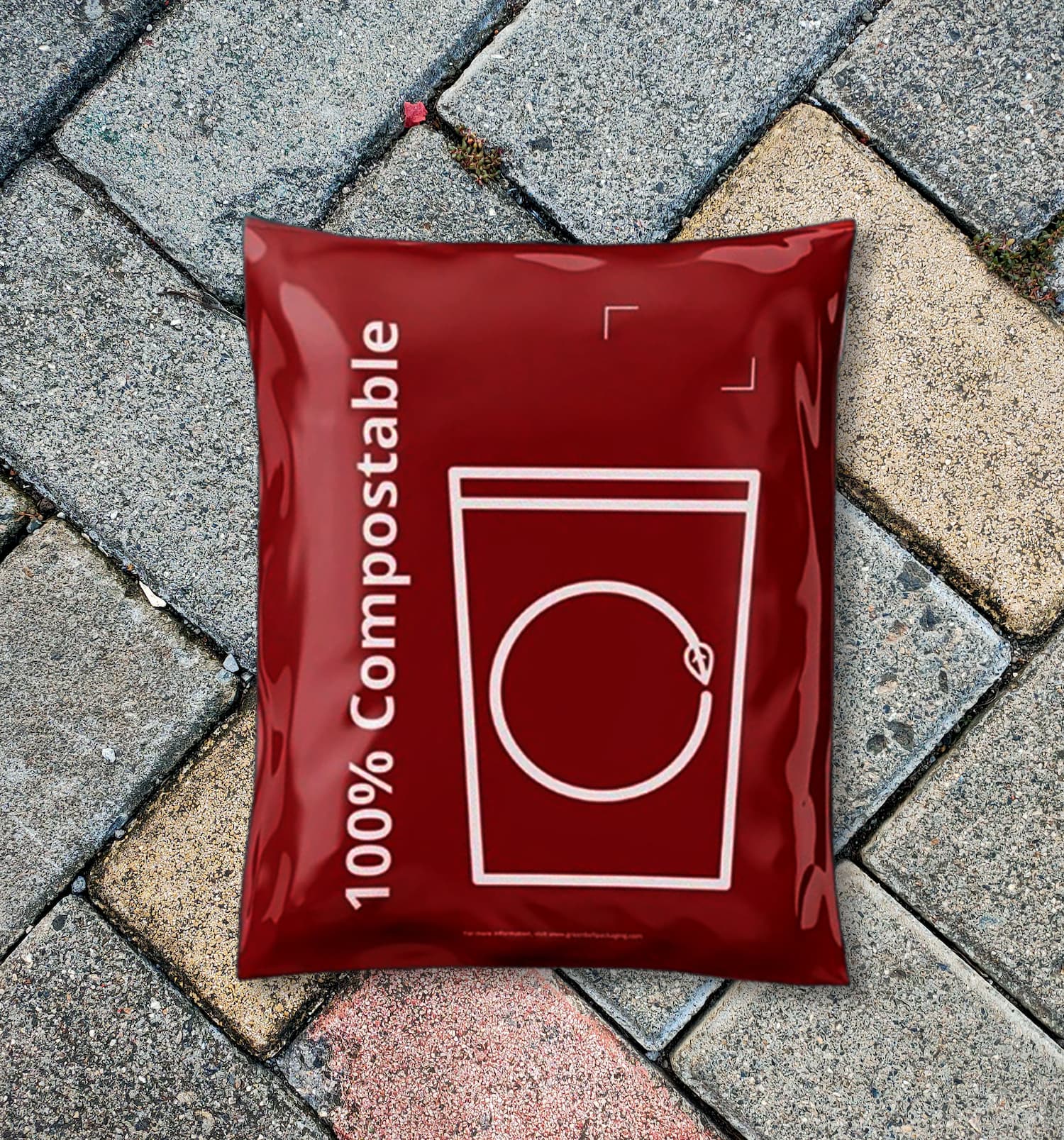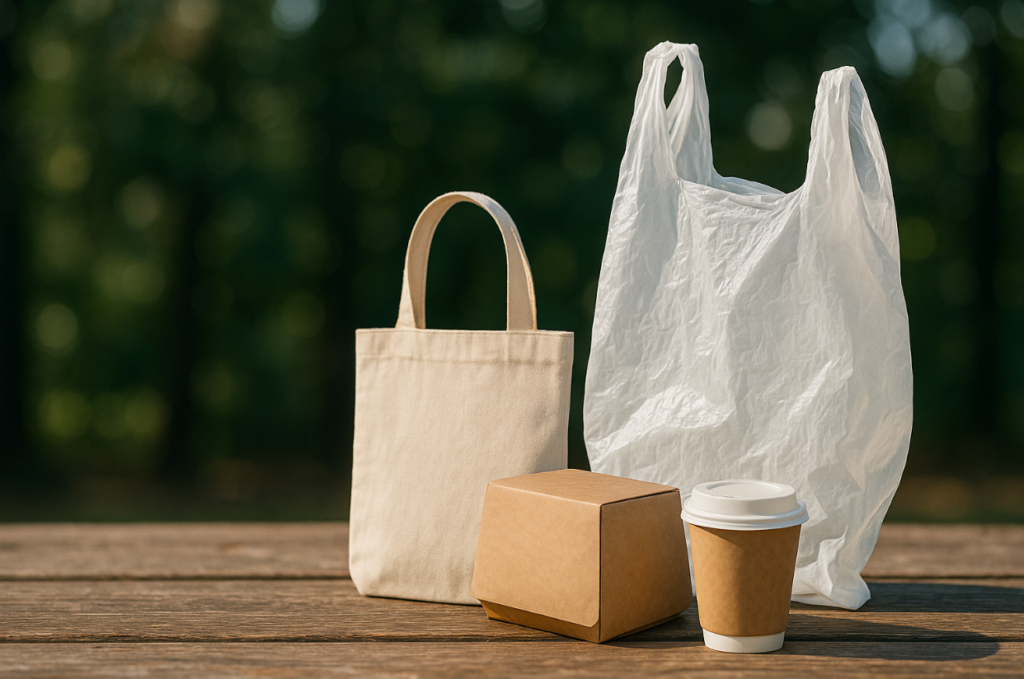Sustainable packaging isn’t just a buzzword it’s a game-changer for businesses looking to reduce their environmental impact while staying ahead of regulations and consumer demand. As plastic waste continues to flood landfills and oceans, companies that fail to adapt risk losing customers and facing increasing regulatory costs. But what exactly is sustainable packaging, and how can businesses implement it without compromising quality or profitability? Let’s break it down.
What is Sustainable Packaging?
Sustainable packaging refers to materials and production methods that minimise environmental impact throughout their lifecycle. It includes options that are recyclable, biodegradable, compostable, or reusable, designed to reduce waste while still protecting and preserving products.
The key elements of sustainable packaging include:
- Using plant-based or recycled materials
- Reducing excess packaging
- Lowering carbon footprint through efficient manufacturing
- Ensuring materials can be reused, composted, or easily recycled
It’s not about making packaging look eco-friendly it’s about creating real, measurable change.
Why Does It Matter?
Reducing Plastic Waste
The UK generates over two million tonnes of plastic packaging waste annually. Globally, only a fraction of plastic waste is ever recycled, while the rest contributes to long-term pollution. Many businesses still rely on plastic packaging due to its low upfront costs, but the long-term environmental and financial costs are significantly higher.
By switching to biodegradable or compostable alternatives, businesses can significantly reduce plastic waste and meet growing consumer expectations for sustainability.
Consumer Demand for Sustainable Brands
A survey found that 60 percent of shoppers prefer brands using eco-friendly packaging. Consumers are no longer just looking for good products they want to support businesses that align with their values. Sustainable packaging helps brands build trust, increase customer loyalty, and enhance their market position.
Regulatory and Financial Impact
Governments worldwide are tightening regulations on plastic waste. The UK’s Plastic Packaging Tax makes non-recyclable plastic packaging more expensive, pushing businesses toward sustainable alternatives. Companies that make the switch now can avoid fines, reduce waste disposal costs, and future-proof their operations.
Types of Sustainable Packaging
Not all sustainable packaging is the same. Different industries require different solutions, and businesses must choose the right materials based on their specific needs.
Plant-Based Packaging
One of the most innovative solutions, plant-based packaging uses renewable resources like cornstarch, seaweed, cassava, and sugarcane. Unlike traditional plastics, which take hundreds of years to break down, plant-based materials decompose naturally and leave no harmful residues.
This type of packaging is particularly useful for food packaging, takeaway containers, and compostable mailers. Many businesses in retail and e-commerce are also adopting plant-based alternatives for shipping materials.
Recyclable Packaging
Materials like paper, cardboard, glass, and certain plastics can be recycled multiple times, reducing overall waste. Businesses that adopt fully recyclable packaging not only reduce their carbon footprint but also meet growing regulatory requirements for sustainability.
Compostable and Biodegradable Packaging
Compostable packaging is designed to break down into organic matter, enriching the soil instead of polluting the environment. Biodegradable materials, on the other hand, break down naturally but may take longer depending on environmental conditions. Both are excellent alternatives to traditional plastic for businesses looking to eliminate long-term waste.
Reusable Packaging
Many brands are now offering reusable packaging solutions, such as tote bags, jute bags, and refillable containers. These options reduce single-use waste and encourage consumers to take a more active role in sustainability.
The Practical Business Benefits of Sustainable Packaging
Some businesses hesitate to switch to sustainable packaging due to concerns about costs or product performance. However, sustainable packaging offers several practical advantages that go beyond environmental impact.
Cost Savings Over Time
While biodegradable and compostable packaging might have a slightly higher upfront cost, businesses save in the long run by reducing waste disposal fees, avoiding plastic taxes, and appealing to eco-conscious consumers who are willing to pay more for sustainability.
Enhanced Brand Reputation
Using custom eco-friendly packaging strengthens brand perception and helps businesses stand out. Companies that embrace sustainability not only attract environmentally conscious consumers but also gain positive media attention and industry recognition.
Compliance with Regulations
With plastic bans and sustainability regulations increasing, businesses that transition to sustainable packaging early will avoid legal complications and maintain smooth operations.
New UK Packaging Regulations: What You Need to Know
From next month, two major government-led schemes will shape the future of packaging compliance: Extended Producer Responsibility for packaging (EPR) and Simpler Recycling.
Under the EPR scheme, businesses will be held responsible for the entire lifecycle of their packaging, including disposal. This includes reporting on what materials you use and potentially paying higher fees if your packaging isn’t recyclable or compostable.
Simpler Recycling will create a standardised waste collection system across the UK, making it easier for households to recycle and much harder for businesses to hide behind mixed-material, non-recyclable packaging.
These schemes are clear signals that the time for half-measures is over. If your packaging isn’t sustainable, it could soon be non-compliant. That’s why switching to GreenBell’s plant-based, compostable, and recyclable packaging isn’t just responsible—it’s practical, cost-effective, and future-proof.
Final Thoughts
Sustainable packaging is not just a passing trend it is the future of responsible business. Companies that embrace eco-friendly materials now will benefit from increased customer trust, regulatory compliance, and long-term cost savings.
At Green Bell Packaging, we provide plant-based, compostable, and recyclable packaging solutions that help businesses transition seamlessly into sustainability without compromising quality or cost-effectiveness.
The shift towards greener solutions is no longer optional; it is essential. Whether through biodegradable paper bags, reusable tote bags or compostable food packaging, or custom printed eco-friendly materials, we offer solutions that make a real impact for the planet and your business.Join the movement towards smarter, sustainable packaging. Explore Green Bell’s range of eco-friendly solutions today and take the next step toward a greener future.
